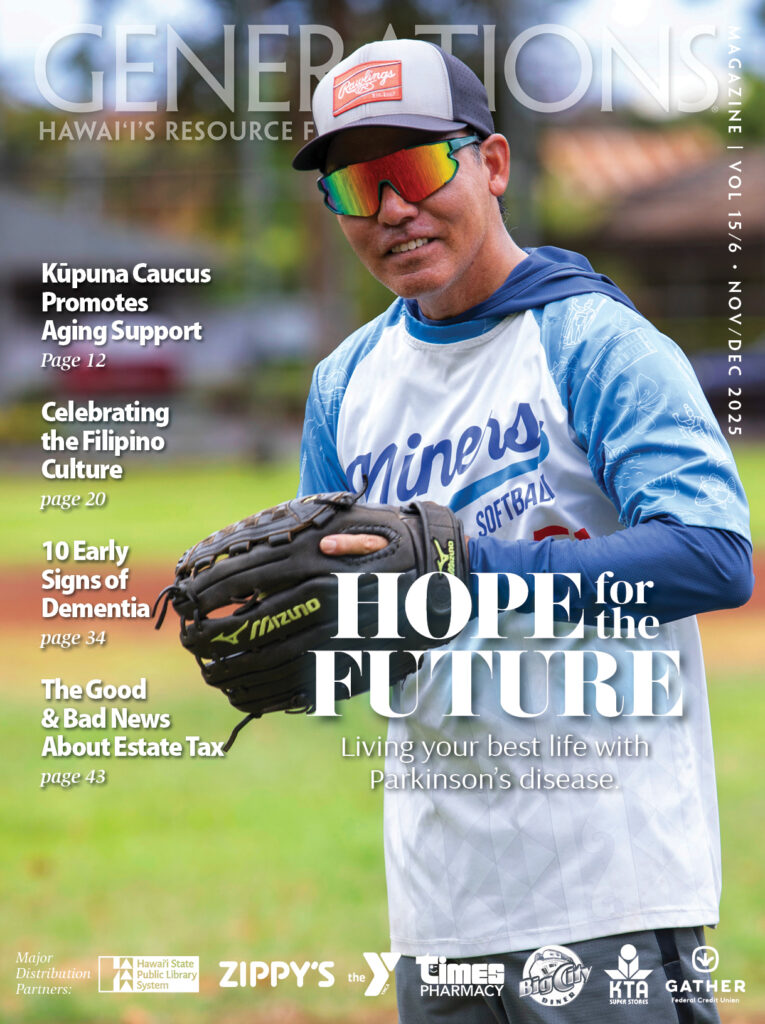Social media is a great way for all of us to keep in touch with family and friends, and our kūpuna are no exception. The use of social media among senior citizens has been a growing trend. Almost 74 percent of all adults aged 50 and over use social media on a regular basis. They primarily use Facebook, followed by YouTube, Instagram and LinkedIn. Older Americans most often sign on to social networks on smartphones (55 percent), followed by computers (47 percent) and tablets (41 percent).
However, social media presents some extra risks for older people. Research has shown that seniors lose tens of billions of dollars each year due to financial scams, leaving almost a million seniors each year in financial hardship.
They are targeted by scammers and identity thieves who know that the older generation tends to be polite and trusting, so they’re more likely to be conned by an urgent-sounding message or persuasive solicitation.
 Here are two important tips to consider in order to reduce your risk of being victimized:
Here are two important tips to consider in order to reduce your risk of being victimized:
1) Who are you sharing your posts with? Are they actual family members and friends? Remember, anyone can be impersonated online! Only accept friend requests from those you have actually met or who can be vouched for by someone you know who can verify their identity. Or you can contact them by phone to ask them if they sent you a friend request.
Also, check your privacy settings to regulate who will be allowed to see a particular post. You may not want to share every post with all your friends and family.
2) What are you sharing online? Is it a written post, a photo or a video? And what information is being shared? Obviously, you don’t want to post any sensitive financial information like bank account numbers, PIN numbers or passwords. Sharing home addresses and personal telephone numbers is also very risky. Also, refrain from mentioning the dates you be away on a trip. Burglars may take advantage of that information.
Also, don’t post about recent financial gains, such as receiving a large dividend check from an investment or an annuity. The same applies for posting photos of the valuables in your home.
There is a lot to think about to keep from being a victim when using social media. The key is not to overshare and to always consider who you are sharing that information with. This is just another occasion when too much can be bad for you.
Contact me with questions about online security.
Christopher Duque | aikea808@gmail.com


Leave a Reply